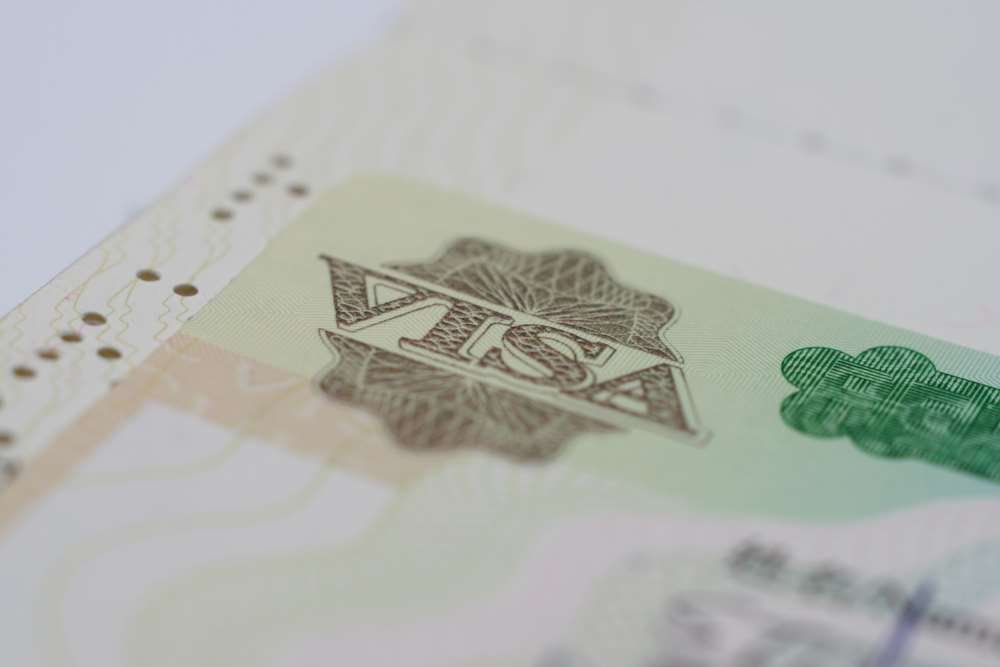Tier 2 Visas
Published by Gbaf News
Posted on May 2, 2019
5 min readLast updated: January 21, 2026

Published by Gbaf News
Posted on May 2, 2019
5 min readLast updated: January 21, 2026

By Kathryn Bradbury, Partner and Head of Immigration, Payne Hicks Beach Solicitors
The Government imposed cap on sponsorship of overseas workers has exceeded the limit for the last three months and is expected to be exceeded again this month, leaving UK employers reliant on foreign workers unable to fill vacancies.

Kathryn Bradbury
The annual cap for sponsoring non-EEA skilled workers to come to the UK was introduced on 6 April 2011. Under the scheme, a Certificate of Sponsorship (CoS) is required for salaries of less than £159,600 with the exception of certain UK graduates and those on a list of recognised shortage occupations. The annual cap is currently 20,700, split into unequal monthly allocations with February to March having the lowest allocation (1,000) and March to April the highest (2,200). When the number of valid applications exceeds the quota of CoS available, applicants with the highest salaries are favoured over those offered lower salaries. It was not until March and June 2015 that the cap was first reached, with the number requested far exceeding the allocation. Subsequent tinkering with policy and economic uncertainty has meant that the cap was not hit again until the beginning of December 2017.
It is likely that the cap will be exceeded again in the early March allocation, as it has for every month from early December 2017, meaning that only those roles meeting a very high salary threshold (possibly only those with a salary of £55,000 or more) will succeed in securing a CoS. This can be highly damaging for businesses who rely on overseas skilled labour particularly those with younger workers who are generally on lower salaries. Delays in commencement of employment could be fatal to the success of smaller businesses. Also affected is the NHS who can ill afford difficulties in recruitment in the present climate.
It is thought that the fall in the number of European nationals choosing to live in the UK after the EU referendum result has contributed to the pressure on the Tier 2 category as employers increasingly look beyond the EU labour market to fill vacancies in their skilled work forces.
Despite the need for increased skilled migration the government remains committed to reducing net migration, whether this is by quotas or by making financial costs prohibitive to all but those with the deepest pockets. In April 2017 an Immigration Skills Charge was introduced, adding £1,000 per year to an employer’s costs for sponsoring each new non-EU national under Tier 2 with few exemptions. An announcement was made in February 2018 that the immigration health surcharge is to be doubled from £200 to £400 per year for non-EU nationals.
It should be noted that the immigration cap applies only to workers sponsored under the Tier 2 (General) subcategory – predominantly new recruits from overseas. Sponsorship under the Tier 2 (Intra Company Transfer) subcategory does not form part of the 20,700 quota and some of the recent changes that the Government has made to policy in this area will be of interest to multinational businesses. As of April 2017 it is now possible to sponsor a non-EU national under the Tier 2 (ICT) category without them having been employed by the business’s overseas office for 12 months. The high earner threshold under Tier 2 (ICT) has also been reduced so that those earning over £120,000 can extend their status in the UK for up to a total of up to nine instead of five years. Tier 2 (ICT) does not however lead to settlement so the Tier 2 (General) immigration cap will continue to be an issue for more permanent hires to the UK.
Companies may need to put on their thinking caps and perhaps look to alternative immigration routes when Tier 2 is not possible. The ‘Exceptional Talent’ category is often overlooked but is worthwhile for world leaders or potential world leaders in particular fields such as arts, technology and sciences, and is one of the few areas where the Government has loosened its policy somewhat, announcing in November 2017 that it is increasing the quota of visas from 1,000 to 2,000 per year. Attractive for non-UK companies establishing a branch or subsidiary in the UK is the ‘Representatives of Overseas Business’ category which, unlike the Entrepreneur (for setting up or joining a UK business) category, does not require investment of £200,000. Each category has its own nuances and not all will be suitable, but it is worthwhile bearing in mind that there are alternatives.
In July 2017 the Government announced that the Migration Advisory Committee (MAC) had been asked to report on the impact to the UK labour market of leaving the EU and how the immigration system can better serve modern industry. Consultation closed in October 2017 and it is expected that the MAC will present its findings by September 2018, coinciding with the scheduled publication of the Government’s repeatedly delayed white paper on post-Brexit immigration policy.
Explore more articles in the Business category











